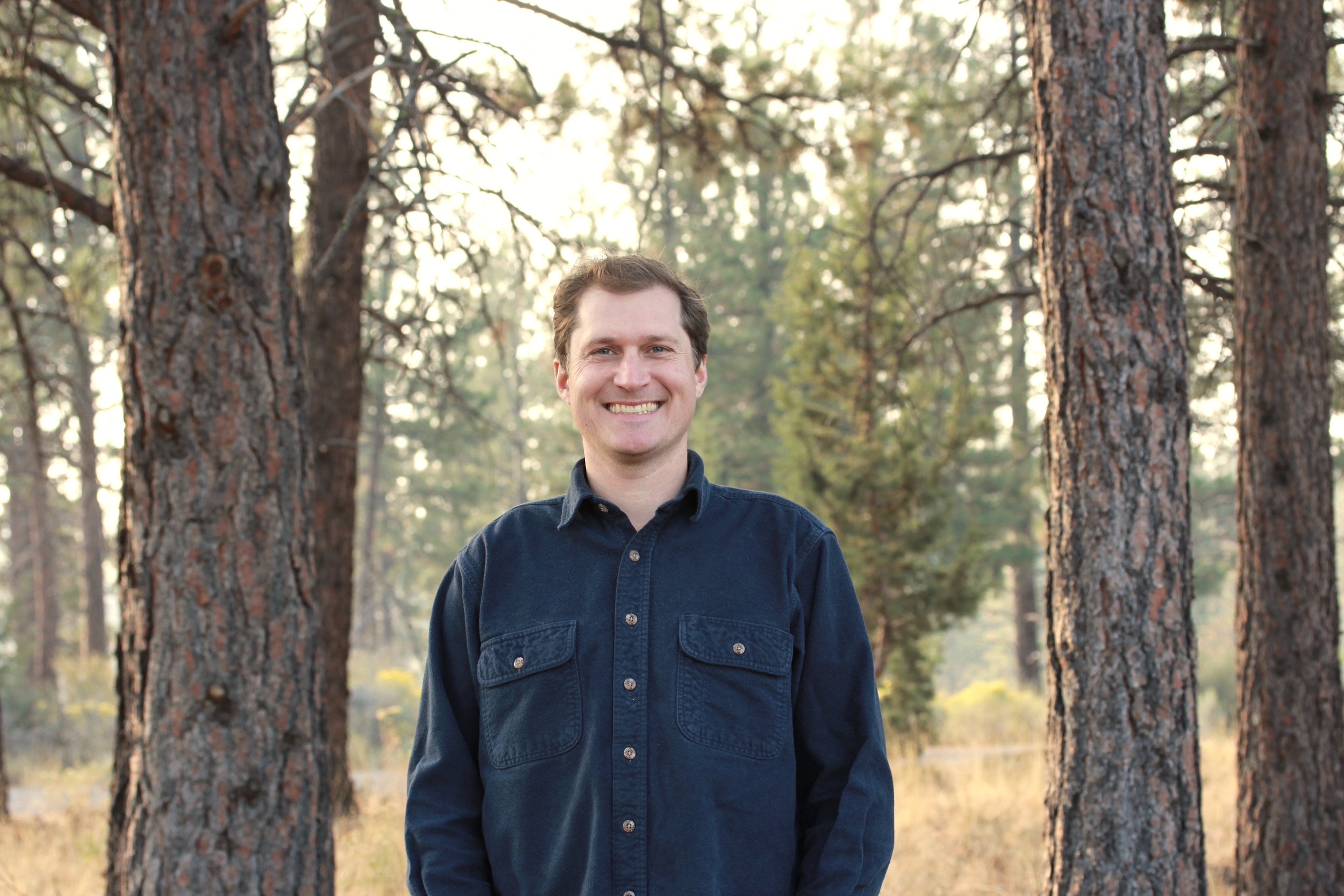Guest Column: Reforming Water Policy at the Local Level
Jeremy Austin, Wild Lands and Water Program Director
By Jeremy Austin, Wild Lands and Water Program Manager
This article was originally published in the Bulletin on 10/26/2023
In the Deschutes Basin, we need to do more at the local level to address waste.
Most of the Deschutes River Basin’s water is used for irrigation and waste happens at every step in the process.
Beginning at the river, water is diverted into porous canals that lose up to 50-65% to seepage and evaporation during transmission. The water is then delivered to landowners through private laterals that are equally susceptible to waste. Once in the private ditch, if a landowner fails to take his or her water–which is often not monitored or reported–it may simply spill out the end of the canal. With what water remains, 20% or more of landowners will use flood irrigation, which is the least efficient method of irrigating.
Districts with senior water rights like Central Oregon Irrigation District often waste water because they receive most, if not all their water virtually every year. This is true even when irrigation districts with junior rights receive a fraction of their water due to the ongoing and dire drought conditions. Historically, there has been no incentive for senior districts to invest in more efficient practices. The beneficial use standard of Oregon water law compounds this problem. Not only is there no incentive to conserve, but there is a perverse incentive to use more water than you need just to protect your water right. This harms our rivers and the commercial farmers in Jefferson County who are the most efficient and economically productive in the region but have the most junior water rights.
For instance, if Central Oregon Irrigation District operated as efficiently as North Unit Irrigation District, we would save approximately 120,000 acre-feet of water in a normal year. To put that into perspective, the water wasted could inundate the city of Bend in standing water more than five feet deep. This is water that family farms in Jefferson County are desperate to have.
It is time for irrigation districts to step up and truly embrace reform at the local level.
Deschutes Basin irrigation districts should work to:
Assist landowners in securing funding for on-farm upgrades. Working together towards the shared goal of piping the entire system–not just the main canals–and improving on-farm infrastructure will allow for increased water conservation, greater operating efficiencies, and improved opportunities for sharing water with junior users. On-farm upgrades can reduce on-farm water use by approximately 30% in Central Oregon Irrigation District.
Promote comprehensive water conservation policies to landowners, including both water conservation projects (e.g. piping projects, and on-farm infrastructure upgrades) and market-based incentives (e.g. water leasing, transfers, and duty reduction).
Change district policies to place a higher priority on conserving water, rather than on using water to protect water rights.
Improve monitoring and reporting of water use. If we can’t measure use, we can’t manage it. While some of these changes need to happen at the state level, local irrigation districts should do their part to improve and support monitoring and reporting of water use.
Adopt a permanent, market-based system for sharing water among districts. This system needs to expedite water movement from senior districts, like Central Oregon Irrigation District, to junior districts, like North Unit Irrigation District, and back into the Deschutes River. Market-based approaches could meet up to 50% or more of the water shortages in the Upper Deschutes Basin.
Support the minimum needs of our rivers and streams. Rather than blame fish or frogs for needing water to survive, we need to address the shared interest of eliminating water waste. River ecosystems, and the wildlife that depend on them, don’t have the ability to forego water for a season.
For more information on our water conservation efforts in the Deschutes River Basin, reach out to Jeremy Austin, Wild Lands & Water Program Director, at jeremy@colw.org


